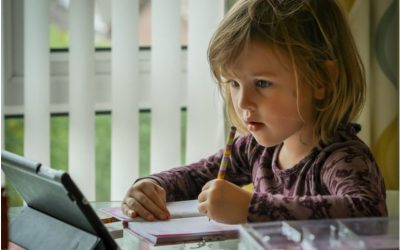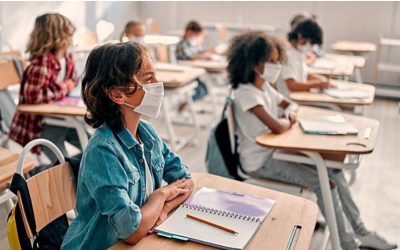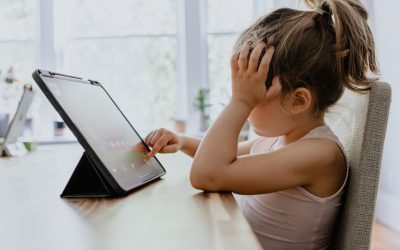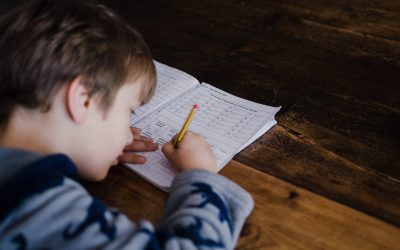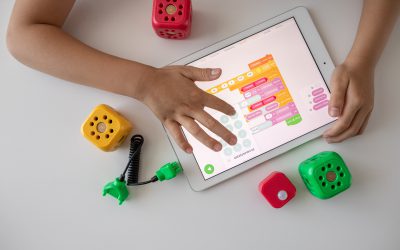Catch-up programmes to repair learning loss in the Netherlands: interventions and literature review of effectiveness
27 Aug 2020 | Catch-up programmes, Professionals
Following the outbreak of the coronavirus, school pupils were no longer able to attend school physically from around half-way through the school year, and teaching was then mainly provided online. Any learning losses that have accumulated as a result will have to be repaired, and schools could, and still can, apply for subsidies from the Ministry of Education, Culture and Science. Currently, 1,550 of the requests for funding have resulted in interventions that are already being implemented and, from October 2020, more programmes are due to start at schools that applied for funding after the summer holidays.
A monitoring study carried out by the research institute LEARN! and commissioned by NRO (the Netherlands Initiative for Education Research) and the Ministry of Education, Culture and Science shows that funding requests in the first tranche mainly concern extended school days, additional support during school hours, and summer school. These interventions are targeted to pupils with learning loss in language or arithmetic and pupils who have progressed to the next year conditionally.
These catch-up programmes are, as per the condition of the subsidy programme, aimed at pupils who are lagging in performance due to the school closures (in primary and primary special needs education: in language and arithmetic; in secondary education: in the core subjects); many schools also include children with Dutch as a second language as a separate target group.
In primary education, the programmes also focus on socio-emotional development of students, while in secondary education (in particular upper vocational education), vocational education & training and secondary special needs education), interventions are used for pupils who lack practical experience because they were unable to do their practical placement in the period from March-June 2020.
Catch-up programmes are often offered in cooperation with external parties (e.g. homework institutes, sports providers, the municipality), but in all sectors schools are usually in charge of the content and structure of these programmes.
LEARN! also reported the outcomes of a rapid literature review about the expected effectiveness of these interventions and particularly one-to-one tutoring, remedial teaching, additional support materials, summer/holiday schools, teacher professional development, strengthening parental engagement, support during school hours, extended school days and peer tutoring. The review shows that the ‘active ingredients’ of all these variations are broadly comparable and are the number of hours per pupil, participation of the target group (and cooperation with parents/offering incentives to ensure participation), content and structure of the programme, qualified teacher, group size and alignment with the regular curriculum and classroom instruction. Teacher professional development, along with one-on-one tuition and peer tutoring, is one of the most effective interventions to repair learning loss. Effects are also long-term because the basic quality of regular teaching improves for all pupils.
For schools, LEARN! developed supplementary guidelines on how they can study the effectiveness of catch-up and support programmes themselves, using available performance data and a set of questions to answer. Further work has started in October 2020 to study the effectiveness of the programmes which are currently implemented and also portray a set of good practices, particularly of programmes which allow for long-term improvement in a time when schools will see continuing part or full closure.
Watch our webinars on the primary results (in Dutch).
Here you can read the literature review and the overview of the subsidy applications.
This text has been updated on 14.12.2020
See also information for:
Most recent blogs:
How LEARN! supports primary and secondary schools in mapping social-emotional functioning and well-being for the school scan of the National Education Program
Jun 28, 2021
Extra support, catch-up programmes, learning delays, these have now become common terms in...
Conference ‘Increasing educational opportunities in the wake of Covid-19’
Jun 21, 2021
Covid-19 has an enormous impact on education. This has led to an increased interest in how recent...
Educational opportunities in the wake of COVID-19: webinars now available on Youtube
Jun 17, 2021
On the 9th of June LEARN! and Educationlab organized an online conference about...
Homeschooling during the COVID-19 pandemic: Parental experiences, risk and resilience
Apr 1, 2021
Lockdown measures and school closures due to the COVID-19 pandemic meant that families with...
Catch-up and support programmes in primary and secondary education
Mar 1, 2021
The Ministry of Education, Culture and Science (OCW) provides funding in three application rounds...
Home education with adaptive practice software: gains instead of losses?
Jan 26, 2021
As schools all over Europe remain shuttered for the second time this winter because of the Covid...

